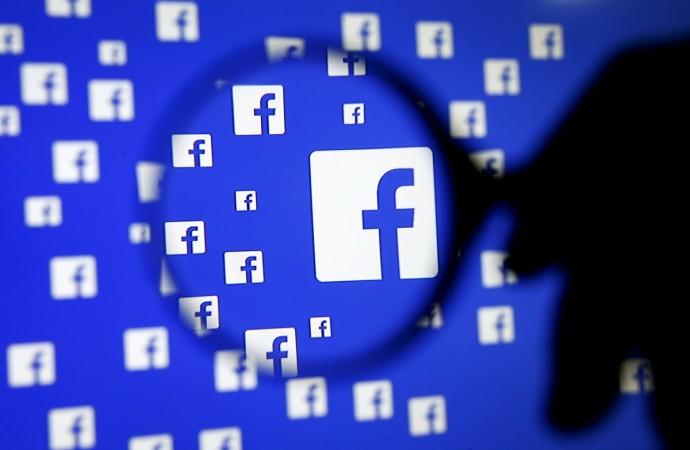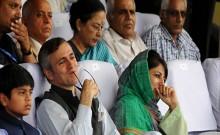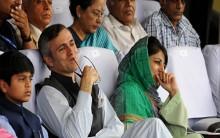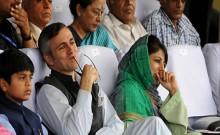The tussle between Twitter, WhatsApp and Facebook and the Union government was closely watched by millions of Indians and social media users abroad. The deadline to comply with the new legal rules meant for big social media platforms, which were issued by the government three months ago, ended on Tuesday, threatening the operations of the likes of Twitter in India. There's been tension in India, with many asking will Facebook and Twitter get banned in the country. So what's happening exactly?
According to leading experts, while the government can initiate action for suspension or blocking of intermediary apps or websites if they fail to comply with its directions over various issues, a strong data protection law is what can tame the social media platforms, the way the GDPR (General Data Protection Regulation) in the European Union (EU) has achieved.

What is the Indian govt asking?
Of many regulatory requirements, the Indian government is asking social media platforms to have a chief compliance officer in India to respond to government demands and needs whenever necessary. The tech companies must also have a nodal officer for government coordination 24x7. There should also be a grievance redressal officer to address the grievances of social media users.
The government has also instructed companies like WhatsApp to be able to trace the original sender of a message, which goes against the end-to-end encryption nature. It's not clear how compliance will take happen in such requests.
A ban is likely then?
There's no straight answer to this. But it is unlikely that Facebook and Twitter will get banned just yet. The government has put out a vague statement in this regard.

"Where an intermediary fails to observe these rules, the provisions of sub-section (1) of section 79 of the Act shall not be applicable to such intermediary and the intermediary shall be liable for punishment under any law for the time being in force including the provisions of the Act and the Indian Penal Code."
Under this section of the IPC, the social media companies and web services are not responsible for user content. As for end users, there's nothing really to be worried about. Twitter and Facebook won't just get banned overnight, even if the government decides to move against them. Even if the government goes after the companies not complying with its orders, it is likely they will take punitive measures, like imposing a fine or letting them do profitable business in India like run ads.












